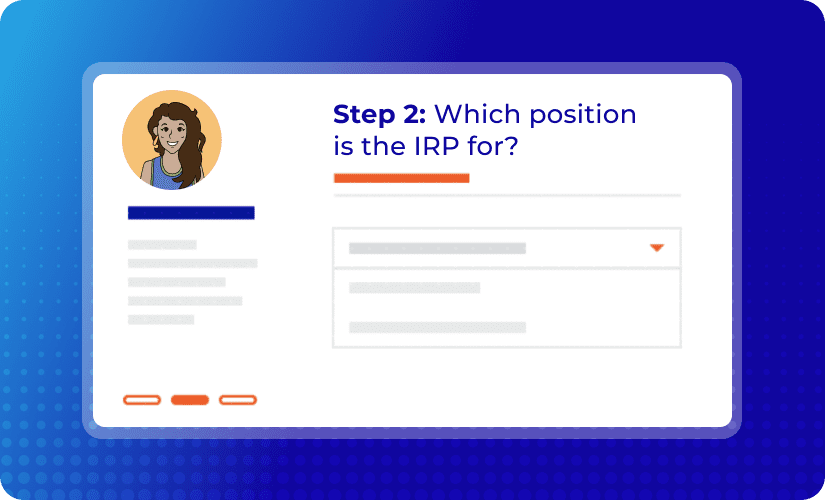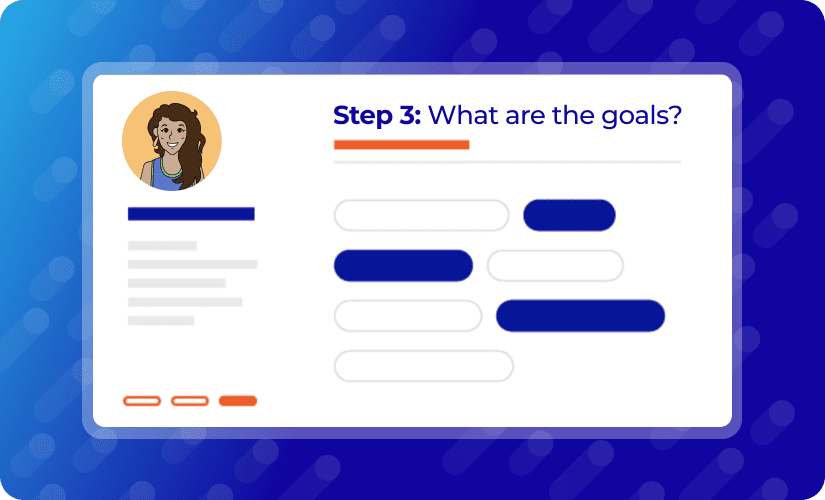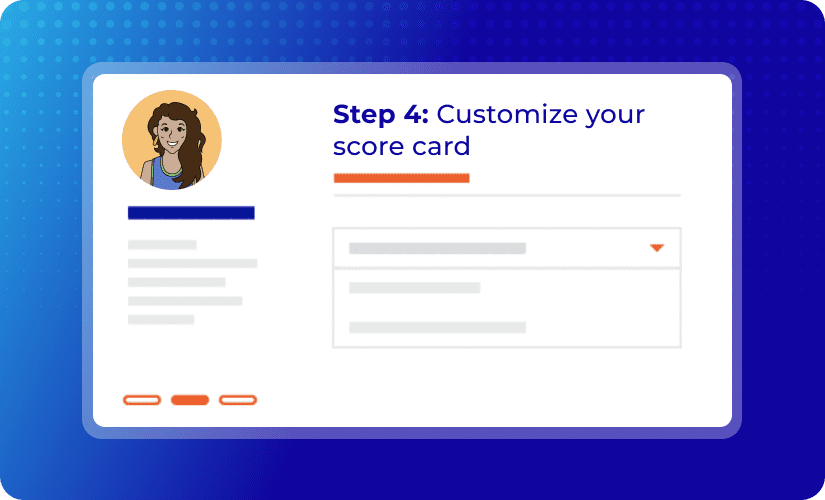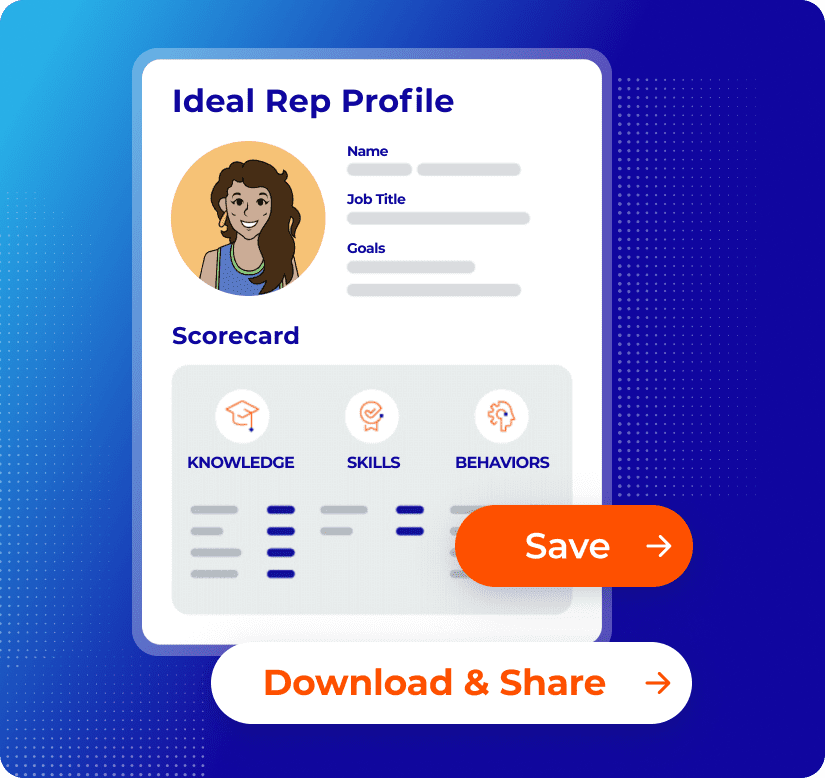You’re likely familiar with the “80/20” selling philosophy, or the belief that 20% of reps make 80% of total sales for your organization. In other words, sales leaders pin their hopes on the top-performing salespeople to drive the most revenue.
This has led to these all-too-common refrains:
Sellers are born, they’re not made.
Excellence is not a skill. It’s an attitude.
Selling is an art, not a science.
But the fact that selling actually is a science.
There’s a formula for the perfect sales rep that’s a combination of knowledge, skill, and behaviors. While the formula for each organization or role is different, there’s a method for defining what makes sellers successful.
That’s why we created and today unveiled an IRP Generator, a quick, interactive, intuitive way to create and customize your ideal rep profile. You can build multiple profiles for roles like account executives and sales development representatives in minutes and share those results with your team.
What is an IRP and why do I need one?
An IRP defines and benchmarks top competencies – a combination of knowledge, skills, and behaviors – that reps must possess to be successful in the field. It is important to document and encode your IRP where you can measure skill development and its impact on business outcomes.
As you make your own IRP, keep these things in mind:
- Knowledge is the information and data a rep must possess
- Skills help you evaluate how your rep should behave on the field
- Behaviors track how a rep is actually performing on the ground
With Mindtickle’s ideal rep profile generator, you can quickly determine and weigh the importance of the necessary skills and behaviors required of your sales reps. This generator helps you figure out how your reps stack up.
How to build your IRP
The Mindtickle IRP Generator makes creating your ideal rep profile easy. Here’s how to do it:
- Choose a name. Giving your rep a name helps you better visualize your IRP. You can even give your rep a fun name like Rockstar Rachel or Moneyball Mike.

- Select a role. Each role does not place the same weight on skills and strengths. Depending on the role, reps have different characteristics and benchmarks that are vital for success in their particular field. Here are the ones currently included in our generator: Account Executive, Solutions Engineer, Customer Success, Sales Development Representative, and Channel Sales.

- Identify goals. Depending on the role you’ve selected in step 2, we’ll serve up common goals for this role. You can select as many or few as make sense for your team. It’s important to be clear about the characteristics someone must possess to be successful in the role. This allows you to understand the competencies needed to find the right candidate and help your team become successful through training and coaching.

- Customize your scorecard. We’ll serve you up a scorecard with the key knowledge, skills, and behaviors for the role and goals you identified in steps 1 and 2. You can adjust the importance of the knowledge, skills, and behaviors of your ideal rep and even remove some entirely.

- Download and share. Once you download your scorecard, we’ll also serve up some action items for each of the knowledge, skills, and behaviors identified in your IRP. You can also save your profile, download or share it with your team, and create more IRPs for other roles on your team.

How to get the most of your IRP
You should encode your IRP where you can measure skill development and its impact on business outcomes. With an established ideal rep profile, the 80/20 myth is busted. You can follow a “100/100” rule instead and build a sales team full of reps with the knowledge, skills, and behaviors to be successful.
Ready to go? Use our IRP Generator to build your ideal sales rep today.





 By Helen Waite
By Helen Waite

 By Rahul Mathew
By Rahul Mathew